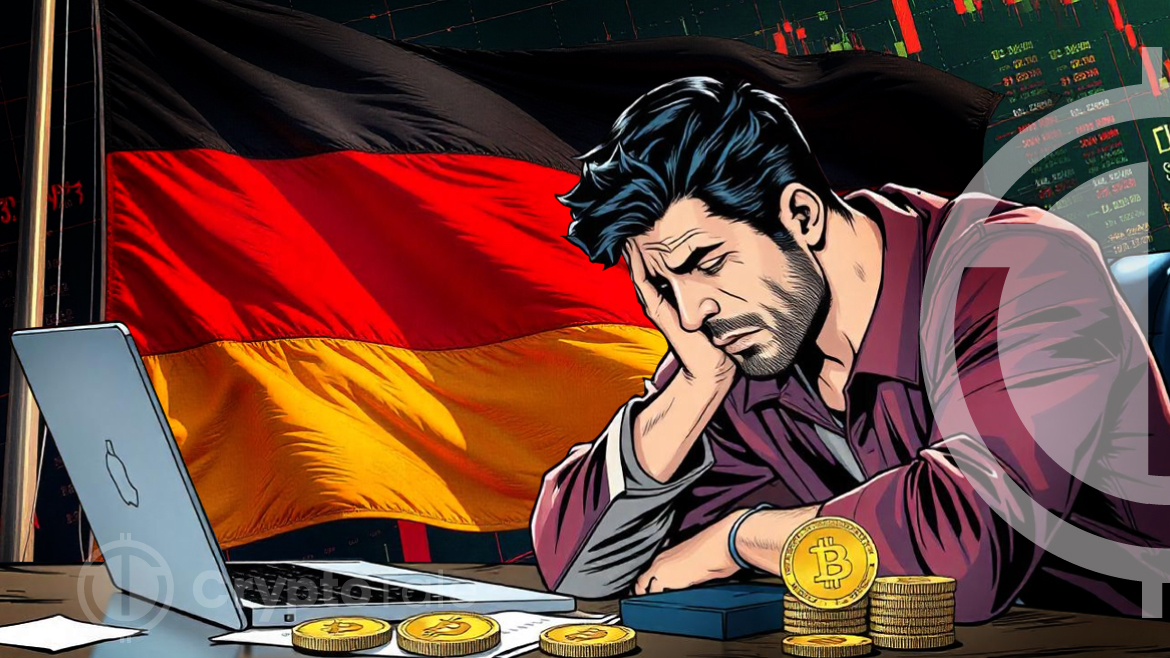- Germany’s Bitcoin sale netted $2.8B but missed $1.7B as Bitcoin surged to nearly $90K.
- Trump’s re-election optimism drives Bitcoin rally; prediction markets eye $100K by 2024.
- El Salvador profits $24.5M by holding 5,930 BTC, contrasting with Germany’s quick sale.
In July, Germany sold 49,991 Bitcoins confiscated in a criminal investigation against the Movie2k website. These assets were sold when Bitcoin was about $53,000, and the country received approximately $2.8 billion from the sales. With Bitcoin’s price rising again and nearing $90,000, that holding would now be worth around $4.5 billion. The country have missed out on about $1.7 billion in profit.
The German authorities sold off the Bitcoin assets between June 19th and July 12th. When German officials initially confiscated the Bitcoins from Movie2k’s operators in January of this year, Bitcoin was $43,000. The price of Bitcoin rose to $53,000 by July, giving Germany a good profit.
Bitcoin Price Surge
The recent increase in Bitcoin by 53% within the last 60 days has been making news across the financial sector. The rally was partly induced by new hope following the re-election of President Donald Trump of the United States of America. As of press time, BTC was trading at $87,443, showing a 6.34% increase over the previous day.
Bitcoin related stocks and even the S&P 500 index have risen in value due to the increased belief that Trump will legalize Bitcoin. Polymarket, a prediction market, now assigns a probability of 60% that Bitcoin will be trading for $100,000 by the end of 2024, a price that seemed almost out of reach just months ago.
Germany vs. El Salvador on Bitcoin
Germany’s sale differs from El Salvador’s embrace of Bitcoin as a legal tender. El Salvador officially accepted Bitcoin as legal currency in 2021, led by the country’s President, Nayib Bukele. They currently have roughly 5,930 BTC, worth approximately $527 million, which means the state made a $24.5 million profit.
Germany Debates Over Digital Euro’s Privacy Concerns and Cash PreferencesGermany’s case shows how risky it is to be hasty in a volatile environment, while El Salvador, with its cautious attitude toward Bitcoin, has started to receive profits. With Bitcoin’s value still on the rise, the two nations present contrasting approaches to handling digital assets, and there is much to learn from both on the subject. These approaches also show how cryptocurrency can be incorporated into national financial systems.












